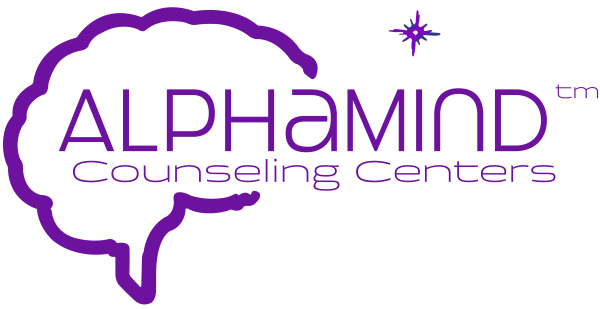When someone experiences a traumatic event, it can have a lasting impact on their mental and physical health. One of the most profound ways that trauma can affect a person is by changing the structure and function of their brain.
Research has shown that trauma can cause changes in several key areas of the brain. These changes may account for some of the symptoms that people with PTSD (post-traumatic stress disorder) experience, such as intrusive memories, hypervigilance, and impulsivity.
PTSD can be a debilitating condition, but there are effective treatments available. Exposure therapy and cognitive processing therapy are evidence-based therapies that have been shown to be helpful for people with PTSD. With treatment, many people are able to reduce their symptoms and live full and productive lives.
How Trauma and PTSD Alter the Brain

Trauma and PTSD can cause changes in several key areas of the brain, including the hippocampus, amygdala, and prefrontal cortex. These changes may account for some of the symptoms that people with PTSD (post-traumatic stress disorder) experience, such as intrusive memories, hypervigilance, and impulsivity.
The effects of trauma can last long after the event has ended. For some people, these effects can be debilitating, interfering with work, relationships, and daily life activities.
One of the most profound ways that trauma can affect a person is by changing the structure and function of their brain. Research has shown that trauma can cause changes in these key locations of the brain. When the trauma is not addressed and worked through, the symptoms of the trauma will continue.
How Different Types of Trauma Affect the Brain
Different types of trauma can impact the brain in different ways. For example, research has shown that repeated exposure to trauma (such as in cases of child abuse or combat stress) can cause more extensive changes in the brain than a one-time event (such as a car accident).
These changes may account for some of the symptoms that people with PTSD (post-traumatic stress disorder) experience. However, it’s important to remember that not everyone who experiences trauma will go on to develop PTSD. In fact, many people do not.
There are many factors that can influence whether or not a person develops PTSD after a traumatic event. These include the severity of the trauma, genetic predisposition, and social support. Having effective coping mechanisms and a supportive social network can help protect against the development of PTSD.
If you do develop PTSD after a traumatic event, there is hope. There are effective treatments available that can help you manage your symptoms and live a full and productive life.
The Neuroscience of Trauma

The brain is a complex organ, and trauma can cause changes in its structure and function. One of the most well-known areas of the brain that can be impacted by trauma is the hippocampus. This area of the brain is important for memory, and trauma can alter its structure and function.
The amygdala is another area of the brain that can be affected by trauma. The amygdala is responsible for fear and anxiety, and trauma can increase its activity. This may account for some of the symptoms that people with PTSD (post-traumatic stress disorder) experience, such as intrusive memories, hypervigilance, and impulsivity.
The prefrontal cortex is also involved in processing information after a traumatic event. This area of the brain is involved in decision-making, impulsivity, and emotional regulation, and trauma can impact how information is processed in this area of the brain.
PTSD symptoms can interfere with daily life, making it difficult to work, socialize, and even take care of oneself. However, there are effective treatments available that can help people manage their symptoms and live full lives.
Can the Brain Heal After Trauma?
There is no one-size-fits-all approach to treating PTSD. Different people will respond uniquely to different treatments. Some people may find relief from symptoms with medication, while others may prefer talk therapy or alternative therapies.
There are multiple types of evidence-based therapies for PTSD; these include exposure therapy and cognitive processing therapy, as well as neurofeedback therapy.
Exposure Therapy
Exposure therapy involves gradually exposing yourself to things that trigger your PTSD symptoms. This can be done in a safe, controlled environment, such as with a therapist. The goal of exposure therapy is to help you manage your anxiety and fear so that you can eventually face your triggers without feeling overwhelmed.
Cognitive Processing Therapy
Cognitive processing therapy (CPT) involves working with a therapist to challenge the negative thoughts and beliefs that may be fueling your PTSD symptoms. CPT can help you learn new ways of thinking about your trauma so that it has less power over your life. This way, you are able to continue through life without feeling hindered by your trauma.
Neurofeedback Therapy
Neurofeedback therapy is a holistic approach to treatment. Sensors are placed on the individual’s head to monitor their brain patterns in response to certain stimuli. Through this, the therapist is able to determine any irregularities or patterns happening in your brain through a non-invasive treatment. From there, the therapist is able to help prevent these reactions and irregularities by sending a signal back when they occur.
Neurofeedback requires minimal conversation regarding the traumatic event while also being completely safe.
Medications
There are also medication options available for treating PTSD. Some people find that antidepressants can help reduce symptoms such as anxiety, depression, and sleep problems. Antidepressants may not work for everyone, and they can have side effects. It’s important to talk to your doctor about the risks and benefits of taking medication for PTSD.
Other Holistic Approaches
Alternative therapies, such as yoga, meditation, and acupuncture, can also be helpful in managing PTSD symptoms. These therapies can help you relax and cope with stress in a healthy way.
No matter what treatment you choose, it’s important to be patient and give yourself time to heal. PTSD is a serious condition, but with treatment, you can feel better and live a full life.
Contact AlphaMind Brain Centers Today
Trauma can have a lasting impact on the brain, but there are effective treatments available that can help people manage their symptoms and live full lives. If you or someone you know has experienced trauma, don’t hesitate to seek out professional help. With treatment, it is possible to heal and move on from even the most difficult experiences.
If you are looking for treatment for your trauma or PTSD near Cary, North Carolina, contact us here at AlphaMind Brain Centers. We are able to help you work through your trauma, as well as any other mental health conditions you may be seeking treatment for. Your free consultation with AlphaMind will help determine which treatment may work best for your individual situation. We applaud you for taking the first step towards bettering your quality of life and hope to hear from you soon!

